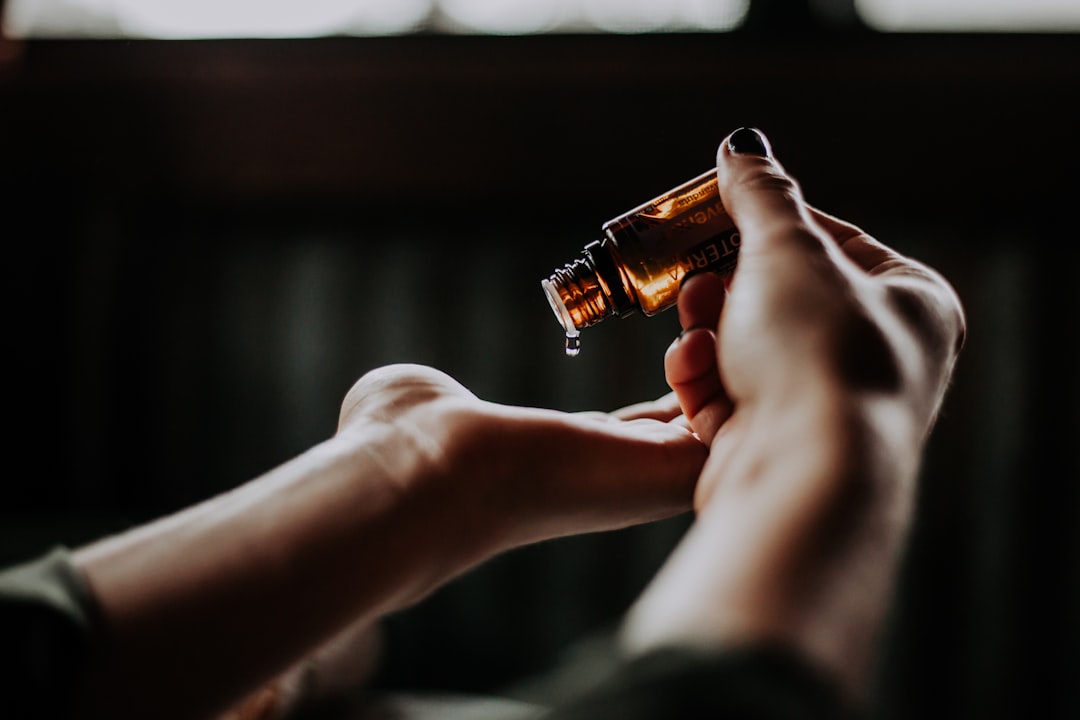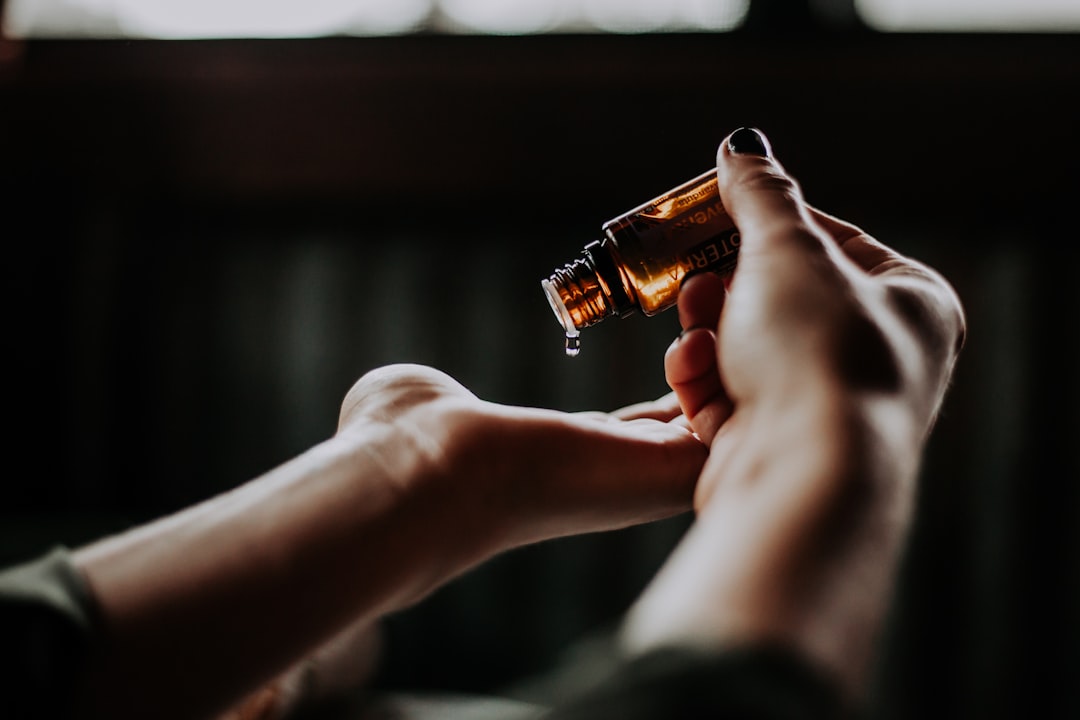In Arkansas, understanding rape laws is crucial for both survivors and legal professionals. This article guides you through the intricacies of rape litigation, featuring key insights from adept Arkansas lawyers. We explore definitions, eligibility criteria, and the pivotal role a rape lawyer plays in advocating for survivors’ legal rights. Learn about building a robust case, managing evidence, and strategic witness testimonies. Additionally, discover support resources available to survivors navigating the justice system. For effective representation, expert rape lawyers in Arkansas are your allies in seeking justice.
Understanding Rape Law in Arkansas: Definitions and Eligibility

In Arkansas, understanding rape law is crucial for victims seeking justice. Rape is defined as sexual penetration without consent, including instances where a person is unable to give consent due to intoxication or disability. A rape lawyer in Arkansas can help navigate complex legal definitions and ensure that all eligible cases are properly pursued.
To be considered eligible for charges, the act must have occurred within the state’s jurisdiction, and there must be evidence supporting the lack of consent. Victims may include anyone who has been subjected to non-consensual sexual penetration, regardless of gender or sexual orientation. This comprehensive approach ensures that rape survivors in Arkansas have access to legal recourse and support when they need it most.
The Role of a Rape Lawyer: Advocacy and Legal Rights

When facing a rape accusation, having an adept Arkansas lawyer by your side is crucial. A rape lawyer in Arkansas plays a pivotal role in advocating for your legal rights and ensuring that justice is served. They guide their clients through the complex criminal justice system, providing a deep understanding of state laws regarding sexual assault cases.
Expertise in this field involves navigating sensitive issues, gathering evidence, and cross-examining witnesses to challenge the prosecution’s case. These lawyers also ensure that their client’s rights are protected, from the moment of arrest through trial and any potential appeals. They fight for a fair outcome, aiming to either secure an acquittal or achieve the best possible plea bargain in light of the circumstances.
Building a Strong Case: Evidence, Witnesses, and Legal Strategies

Building a strong case in a rape litigation requires meticulous attention to detail and a deep understanding of legal strategies. A skilled Arkansas rape lawyer will first gather all relevant evidence, including medical records, police reports, and any physical or digital traces that can support the victim’s account. Witness testimony is also crucial; friends, family, and even experts can provide insights that strengthen the case.
Legal strategies vary depending on the specifics of each case, but a competent Arkansas rape lawyer will leverage the law to ensure justice. This includes challenging the credibility of the defendant, questioning the handling of evidence, and navigating complex legal procedures. The goal is to present a compelling narrative that not only establishes guilt but also ensures a fair and just outcome for the victim.
Support and Resources for Survivors: Navigating the Justice System

For survivors of sexual assault, the journey through the legal system can be overwhelming and emotionally taxing. It’s during these challenging times that they need supportive resources and guidance from experienced professionals. That’s where a rape lawyer in Arkansas steps in to offer crucial assistance. These specialists not only provide legal counsel but also serve as advocates, ensuring survivors feel heard and understood throughout the litigation process.
With their expertise, a rape lawyer in Arkansas helps navigate the complex web of the justice system. They guide survivors through necessary procedures, collect evidence, and represent them in court—all while offering emotional support tailored to their unique needs. This holistic approach is vital in helping survivors heal and seek justice for the trauma they’ve endured, making it easier to focus on recovery in parallel with legal proceedings.






